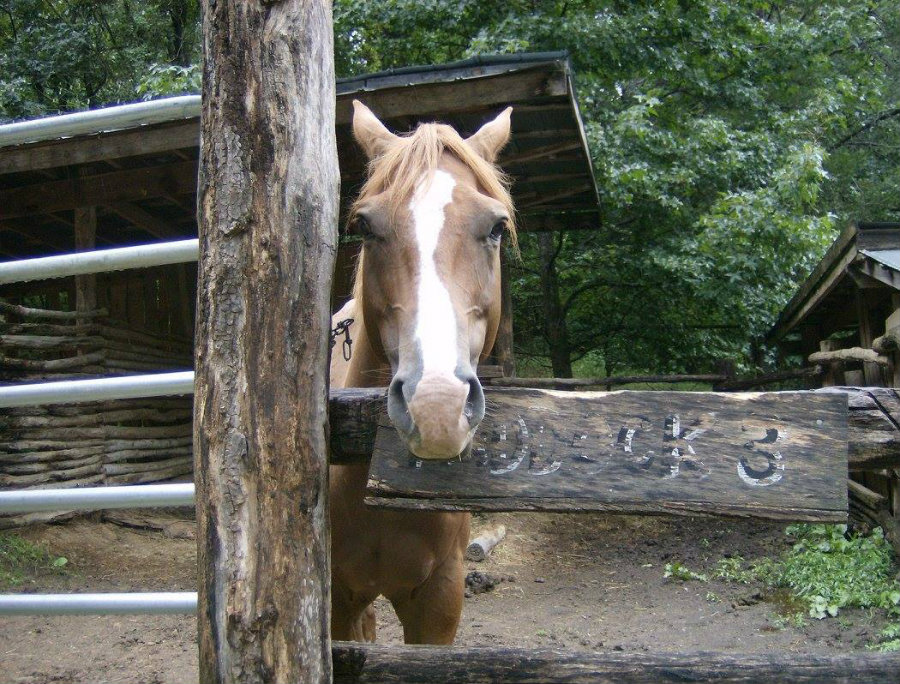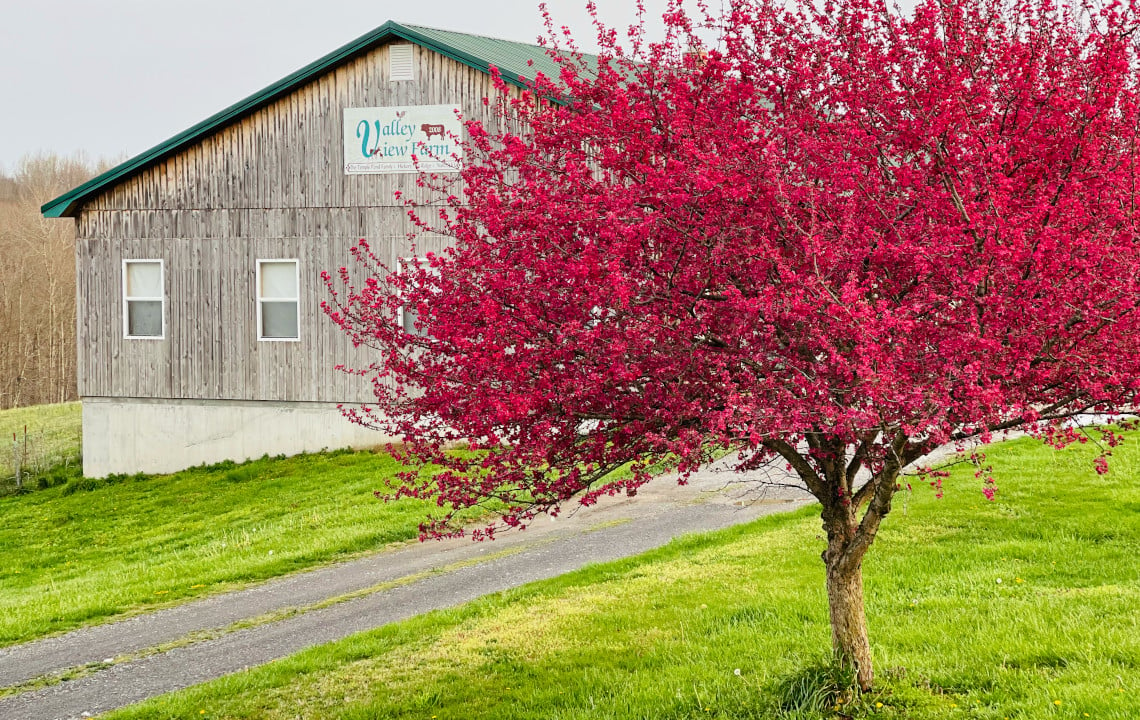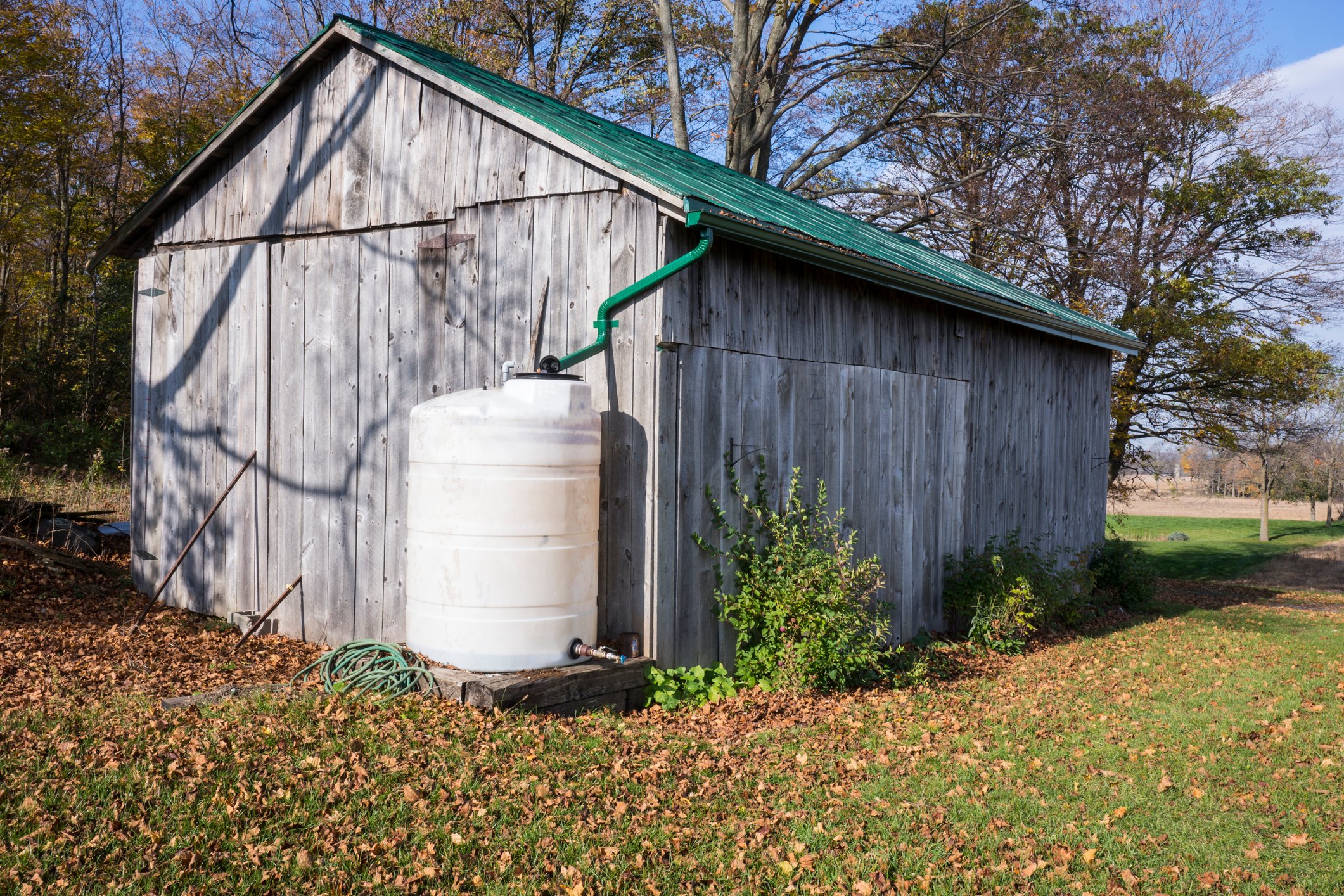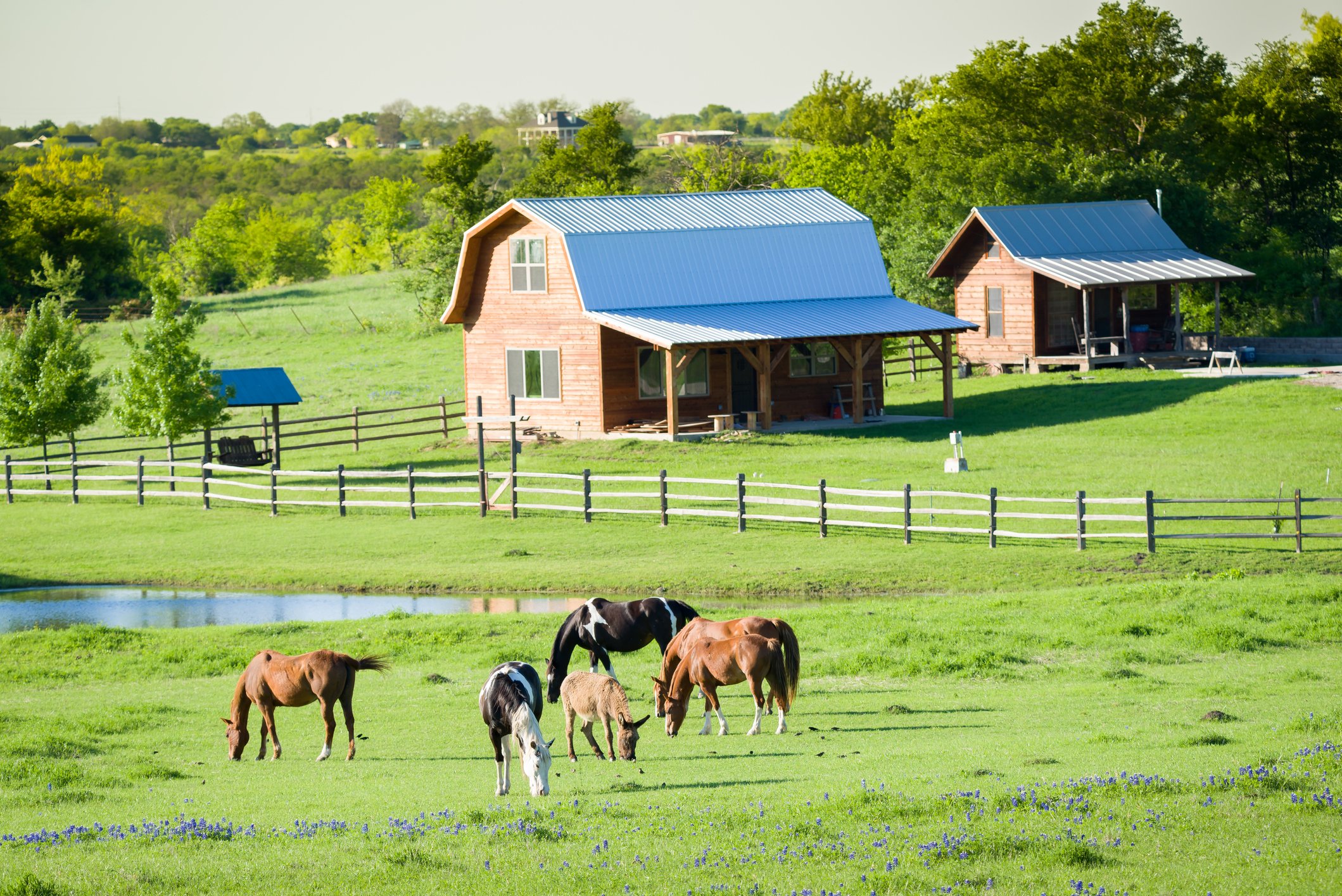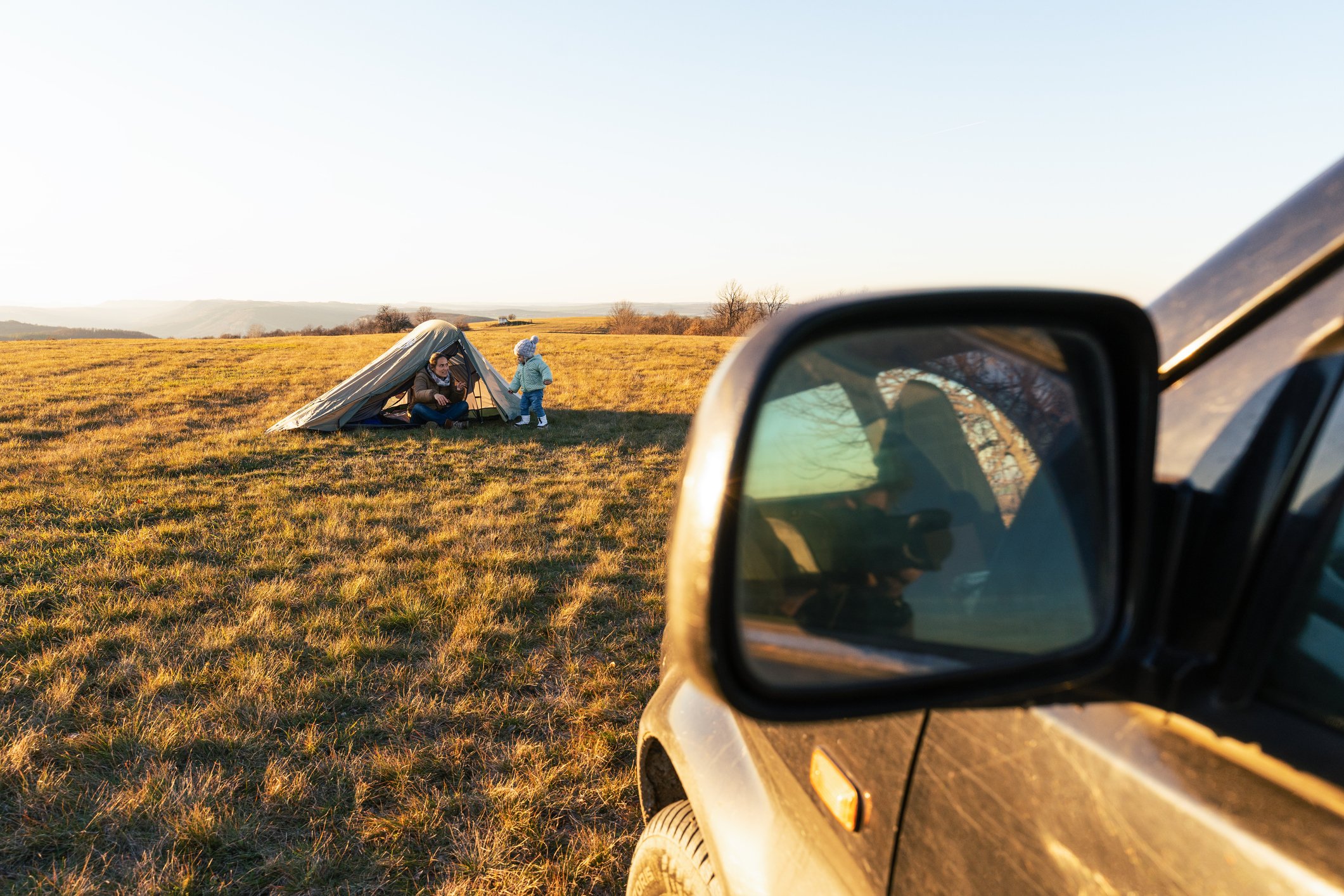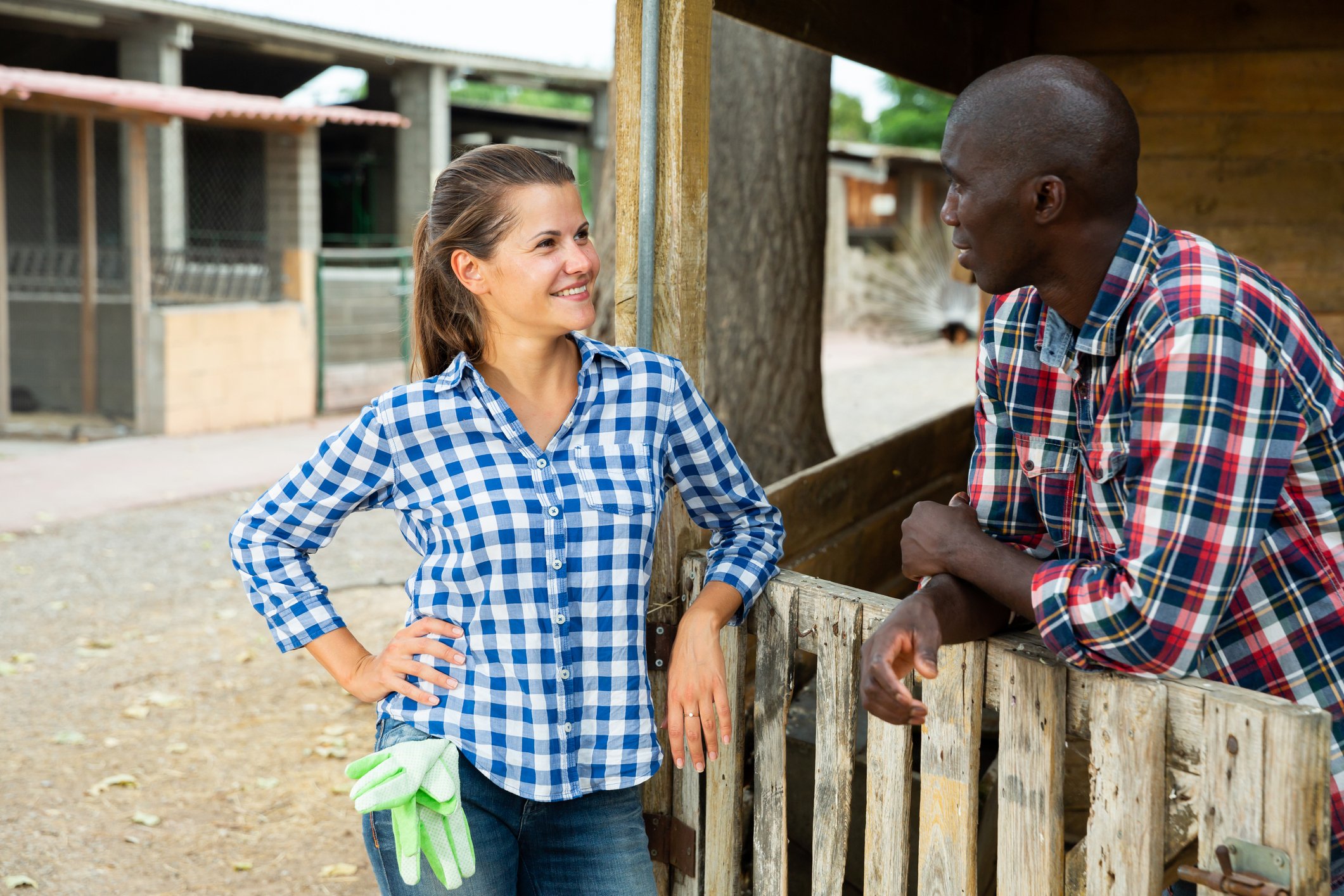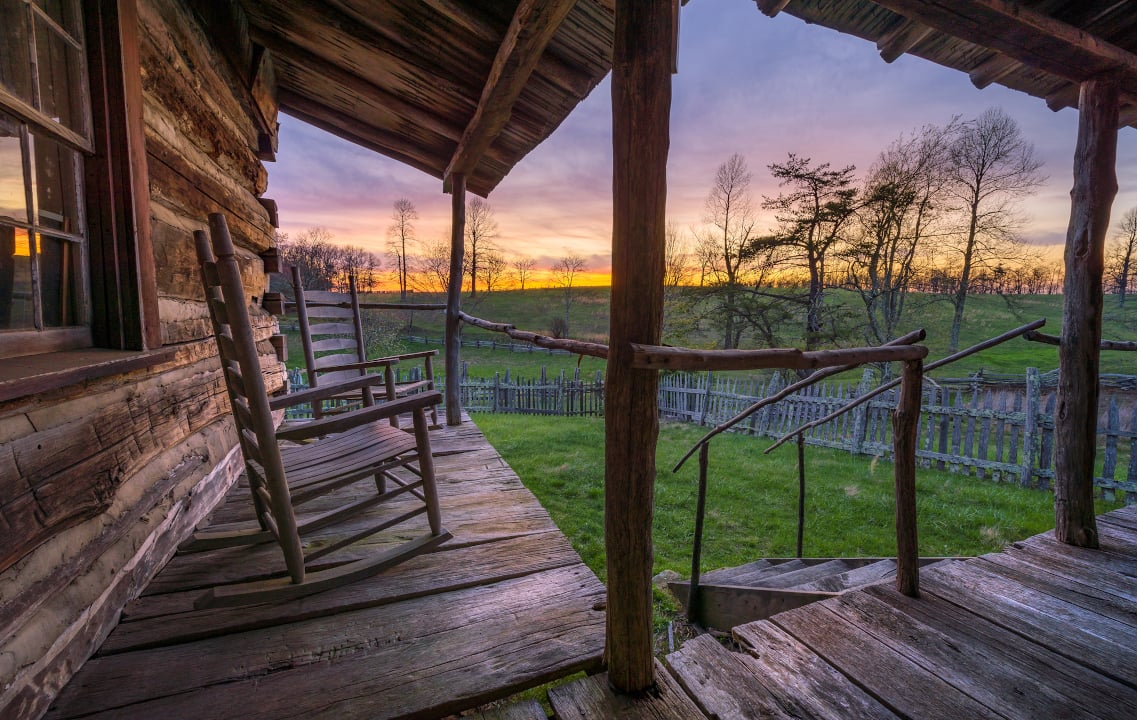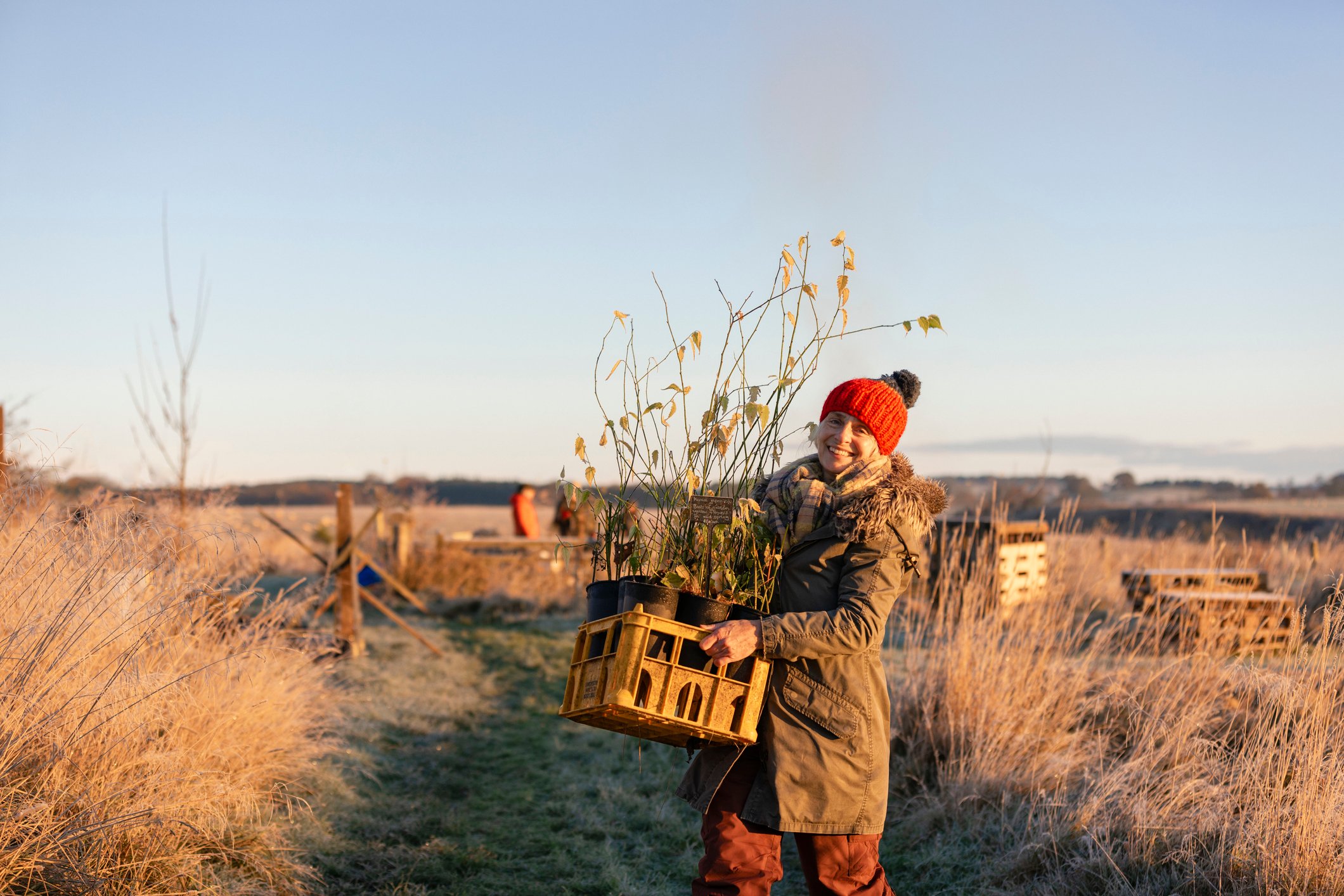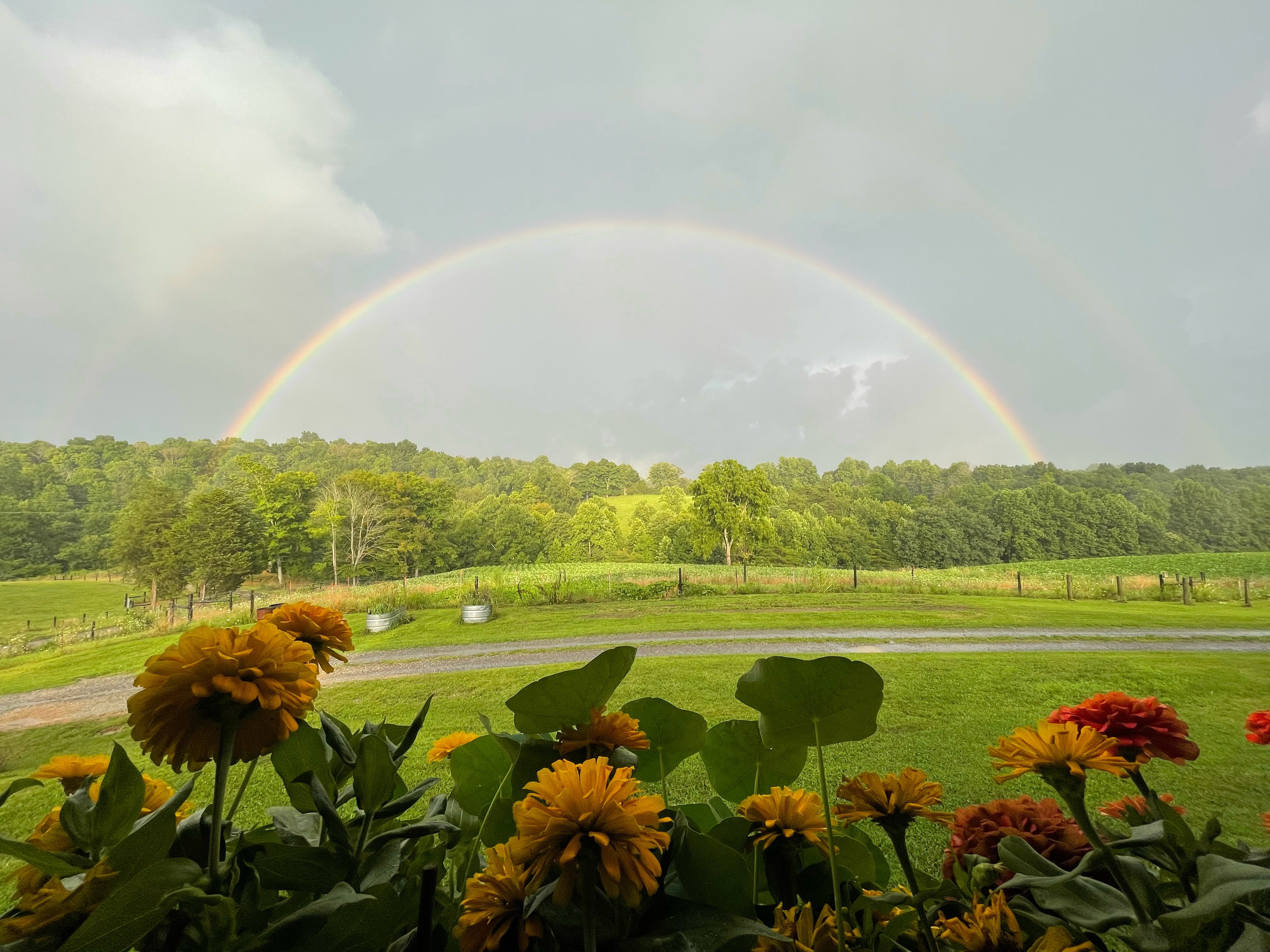Are you dreaming of country life, but your husband or wife loves the city? We offer seven strong arguments for moving to the country.
Partners don’t always see eye to eye. When it comes to dining out, you can’t agree on the restaurant (one wants Thai, the other wants Mexican). Perhaps it’s the color to paint the guest room that leaves you and your partner on opposite sides (you want cornflower blue and he wants eggshell). As for tv shows, you love reality and he prefers sports. Fact is, it’s easy to disagree, even over mundane, day-to-day things. What about when it comes to where you choose to live? That’s an issue that many face. Enter the great  debate: where to settle down and call home. To live rurally or to not live rurally? In many cases that is the question.
debate: where to settle down and call home. To live rurally or to not live rurally? In many cases that is the question.
Oftentimes what holds a family back from rural dwelling is the naysayers, be it in the form of a partner, spouse, parent, neighbor or even best friend. You might have a strong urge to ditch the city and embrace country life, but what about the folks who are spoiling your dream? How do you convince someone that a new country address is not something to scoff, but rather an idea worthy of embracing?
We’ve compiled a list of 7 reasons why living in the country outweighs city dwelling. Check our list and you’ll be sure to convince your spouse, family and friends that rural living is the winner.
1. Say "Goodbye" to Stress
When the city pace and fast-moving highways disappear, there also goes the stress. Replace the noise of honking horns, screaming sirens and roaring traffic with the melody of chirping crickets, tweeting birds and croaking frogs. Country sounds somehow feel like a sweet melody, whereas what you hear in the city is simply noise.
According to Naturalnews.com, life in the big city is much more stressful than life in the country. In an article about rural living, the site quotes Dr. Jens Pruessner of the Douglas Mental Health University Institute in Quebec saying, “Previous findings have shown that the risk for anxiety disorders is 21 percent higher for people from the city, who also have a 39 percent increase for mood disorders." In a study published in Nature Magazine, scientists add that “city dwellers have double the risk of having schizophrenia as those living in rural areas.”
There’s more. There’s the sleep factor, which directly relates to stress. In this Gizmodo.com article about how city life affects health, they tell that it’s harder to maintain a steady circadian rhythm (you body’s internal clock that naturally balances night and day) in the city.
The article says: “Many studies have shown that lights at night confuse this internal clock, as does urban night shift work. There are a number of health consequences when your circadian rhythms get out of whack, including depression, insomnia, inflammatory diseases, diabetes, and even cancer.”
Our Rethink:Rural article, How Rural Living Helps You Stress Less and Live Longer, examines a number of additional studies that show stress levels and emotional and mental health all improve in rural settings - for adults and children alike.

2. Experience Better Overall Health in the Country
Mentally and physically, people tend to blossom in the country. Not only is your stress reduced, but you are outside more, which means you are more active, soak up more nature, and are exposed to less pollution. The result? An overall healthier life.
In the movie Madagascar, the song “I Like to Move It” was surely catchy and fun. But in real life, keeping active isn’t always enjoyable like the song states. The good news is when you relocate outside the city, you can forget the treadmill and the stair stepper machine. Your days inside a rank, sweat-filled gym are over. When you live in the country, exercise comes when you aren’t even trying. Daily chores, be it wood chopping, mowing or gardening, keep you in motion without even thinking about it. Those desired 10,000 steps a day add up easily just by walking to the mailbox, taking a quick nature stroll, or by feeding the animals. And if you want to add a workout routine, you can get creative. Read how in our article, Staying fit in the country: no gym required.
According to this study posted in Environmental Science & Technology, “Green exercise is activity in the presence of nature. Evidence shows it leads to positive short and long-term health outcomes.” The study also mentioned “Every green environment improved both self-esteem and mood; the presence of water generated greater effects. This study confirms that the environment provides an important health service.”
Further, this Gizmodo.com article states that “30% of rural children are overweight, verses 36% of urban children.” With those sort of statistics, it’s best to go ahead and pack your bags.
3. You'll "Eat Your Greens" More in the Country
As the old saying goes, you are what you eat. And fact is, you eat healthier when you aren’t within walking distance of a drive-thru, fast-food restaurant or big box store filled with GMO-filled staples. When you live in the country, more of your food is either grown by you or bought from a local farmer or producer. Sure, you can keep a garden when you live in the city. But, typically there are space restraints for a big garden.
In the country, it’s easier, and clearly more common, to hunt and fish for your own protein. And, as we explained in our article, 9 Healthy Benefits of Eating Wild Game, wild game is one of the healthiest sources of good fat on earth.
In a study posted on CNN.com, researchers stated that one of the primary ways to be healthy is to eat plenty of vegetables and whole grains: “Research finds that three servings or more a day of produce can lower the risk of stroke, heart disease and some cancers. Harvard University's Nurses Health Study, for example, which examined almost 85,000 women over 12 to 14 years, found that those who ate the most fruit and vegetables had a 20 percent lower risk for heart disease.”
When you just have to walk out your back door to grab your produce, you are on the path to a healthier life. Where to start? Take a look at our article highlighting 9 superfoods you can grow, yourself, here.
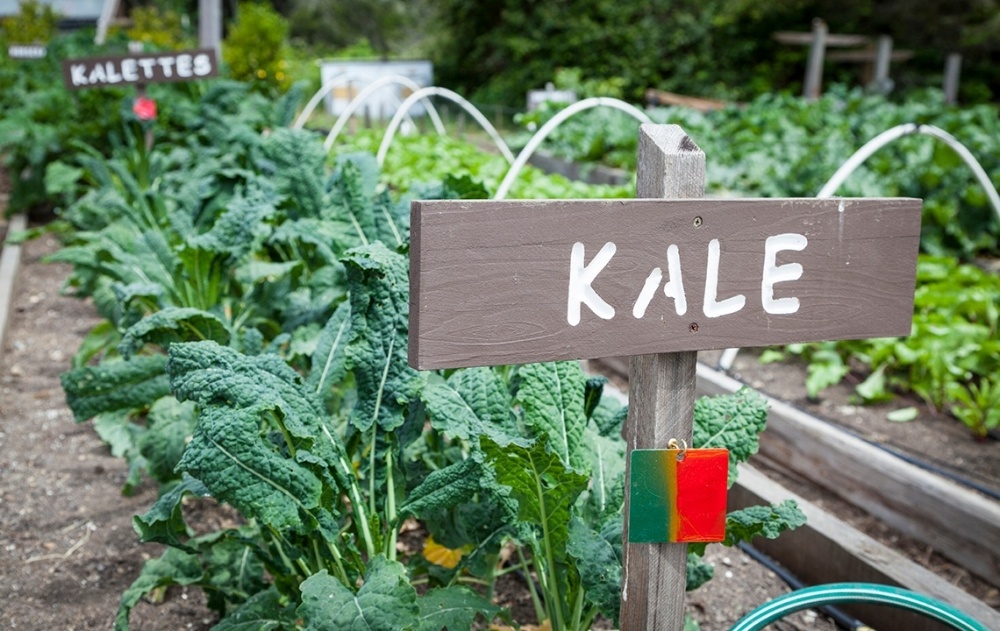
4. You'll be Making Friends (Furry Ones)
With all the benefits of being surrounded by nature (more exercise, better sleep, less stress!), there are concerns about critters and wildlife. You’ll love listening to the birds, watching deer graze in the distance and glimpsing turkeys strutting along the treeline, but what about the less appealing critters? First, let’s get something straight: Just because you live in the country, it doesn’t mean you are camping - there are barriers to keep unwanted critters away. You can still spray for bugs or kindly trap them and screen your windows. There are tricks to keep squirrels at a distance. Even visits from bears and snakes can be kept at a minimum. Take a look at our article, Country Critter Survival 101, for tips on keeping critters away from your home.
And while the country has its snakes, mice and skunks (oh, my!), we have a newsflash: These pesky friends can also be found within city limits. Wild animals have been showing up more and more in cities recently - in search of food and a life free of hunting. According to this NationalGeographic.com article, wild animals are moving to urban populations at a rapid rate so much that a wild coyote was recently spotted on a New York City rooftop and a “coyote pair raised a litter of five healthy pups inside a secret concrete den in the parking lot of Soldier Field Stadium.” In the article, Suzanne MacDonald, a psychologist and biologist at York University in Toronto, Canada, who studies urban raccoons, says, “”We have this view of the wild as a pristine place" and of evolution as something that happens "in the wild.” "But humans in cities are changing the animals now." And with so many animals relocating to urban settings, cities and nature are experiencing a shared community.
Bottom line: sure, you’ll have bugs and critters in the country. You’ll have them in the city, too, though. And as for how to handle the animals when they do appear, know this: Animals usually appear at night. If you find yourself having to go out onto your property at night, carry a flashlight and make some noise. They will run when they realize you’re human and not prey. Also, don’t smell like food and keep smelly trash up. If your throw-aways aren’t there, the critters will keep moving to find some trash (which is, consequently, their treasure).
5. Culture within Reach
You don’t have to give up culture when you move to the country. There are very few areas in the United States that aren’t a short drive from a city of at least some magnitude. That means museums, music venues and other cultural attractions aren’t completely out of reach. Just make it a point to schedule regular or semi-regular trips to cultural attractions. And, don’t forget the selling point that nature exploration, additional time to read books, and more environmental knowledge is a learning of another kind -- and equally as valuable.
6. Comparable Education
Almost all U.S. states offer online resources that allow you to evaluate and compare school districts. Do that. And while you’ll find many suburban schools excel, you’ll also see that many rural ones do, too. One of the biggest factors that affects schools' success rates are their student to teacher ratio. Typically, rural school districts have a much smaller teacher-to-student ratio than in urban school districts, meaning more one-on-one time with the teacher for each individual child.
7. Community Outreach
City life oftentimes means living shoulder-to-shoulder with people. You sit by them on the bus, drive by them on the way to work, live with them above your apartment. Everywhere you go, there are people. Yet, how many of them do you actually know? In the city, life moves so swiftly there isn’t time to stop and meet your neighbors. In the country, they might not live upstairs and even could be miles away, but it’s almost a promise that you will know them. Really, there is little anonymity along farm roads. Out here, your neighbors become family. It’s a good thing to have a community and know there are others who are there for you and support you. You can carpool to the nearest school, make trips to the store for one another, share produce you grow or even homeschool as a group. The options are vast, and the support, immeasurable.
Trying Out the Farm Life
If our list doesn’t instantly make the sale, try vacationing at a farm or ranch to “try out” rural life. Just like a practice before a speech or a dress rehearsal before a performance, some things need a trial. Check out our article. 10 Charming Farm Vacation Destinations in the South, to see some options on country farm stays.
